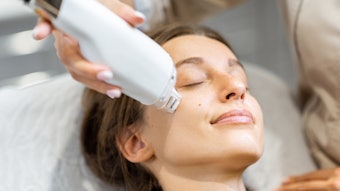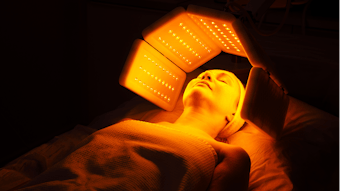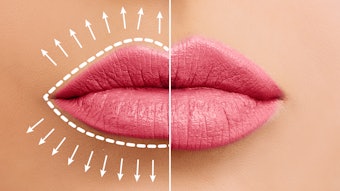Almost everyone has used music at one time or another to relax or perhaps to get energized. But the discipline of music therapy takes the use of music much further, from battling depression to combating cancer.
"Music therapy is an evidence-based practice that can affect changes in physical, psychological, social and cognitive domains through music experiences and the relationship that develops between the client and the therapist," said Cheryl Dileo, a professor of music therapy and director of the Arts and Quality of Life Research Center at Temple University in Philadelphia.
Just turning up the radio to your favorite tune to erase a blue mood doesn't qualify as music therapy, Dileo explained. "Self-help through music is not music therapy, although many people do use music for themselves, for example for relaxation, to improve their moods, or to accompany exercise."
Music therapy, on the other hand, "involves an interpersonal process through which a trained therapist uses his or her knowledge and skills to address the client's assessed needs and issues," she said. "Although many people understand intuitively how to use music for themselves, when it is used within a music-therapy process by a trained therapist, it can be a powerful means to achieving positive physical, psychological, cognitive and social outcomes."
The uses of music therapy are myriad, according to Dileo. Music therapy can be used to reduce the anxiety of hospital patients undergoing difficult medical procedures. It can help lessen pain and improve mood, she said. Music therapy can also help depressed patients express their feelings.
Music therapy has been used to keep Alzheimer's patients calm and help them improve their memories at the Institute for Music and Neurologic Function at the Beth Abraham Family of Health Services in New York City.
At Children's Memorial Hospital in Chicago, board-certified music therapist Elizabeth Pociask uses music therapy to help new parents calm their infants.
"Music is a natural source of distraction. When a child is visibly upset, the introduction of a novel stimulus (turning on some music) will at least temporarily divert their attention away from what is upsetting them," she explained. "The parent's singing voice accomplishes the same thing and adds the element of familiarity--the most comforting sound for an infant will nearly always be a parent's voice. When used regularly, music and/or singing can become a calming ritual, and the infant then learns to associate the music with relaxation or sleep."
Dileo said that music therapists should be board-certified, which means they've attended at least a four-year college program, as well as completed a supervised internship and have passed a national exam.
However, less formal music programs can be helpful as well. Katherine Puckett, national director of mind-body medicine at the Cancer Treatment Centers of America, said that while they don't have board-certified music therapists on staff, the centers do use music as a means to help their patients.
"Music can activate the relaxation response, which helps promote deep breathing, lower heart rate, lower blood pressure, ease muscle tension and create less stress. That can help cancer patients sleep better, and difficulty sleeping is a common problem for cancer patients," Puckett said.
"Relaxing the body can also help relieve physical pain, and people may need less pain medication," she added.
The Cancer Treatment Centers of America keep a library of music available for patients to use, and they have special events, such as drumming circles, that help provide an emotional release for their patients, Puckett said. "Some people can release their emotions through talking, but sometimes people need a non-verbal release. We've had people moved to tears in our special events," she said.
"People respond to music--you don't have to be sick to respond to music. It's relaxing, comforting and soothing," Puckett added.
More information
To learn more about music therapy, visit the American Music Therapy Association.
HealthDay News, March 22, 2008










